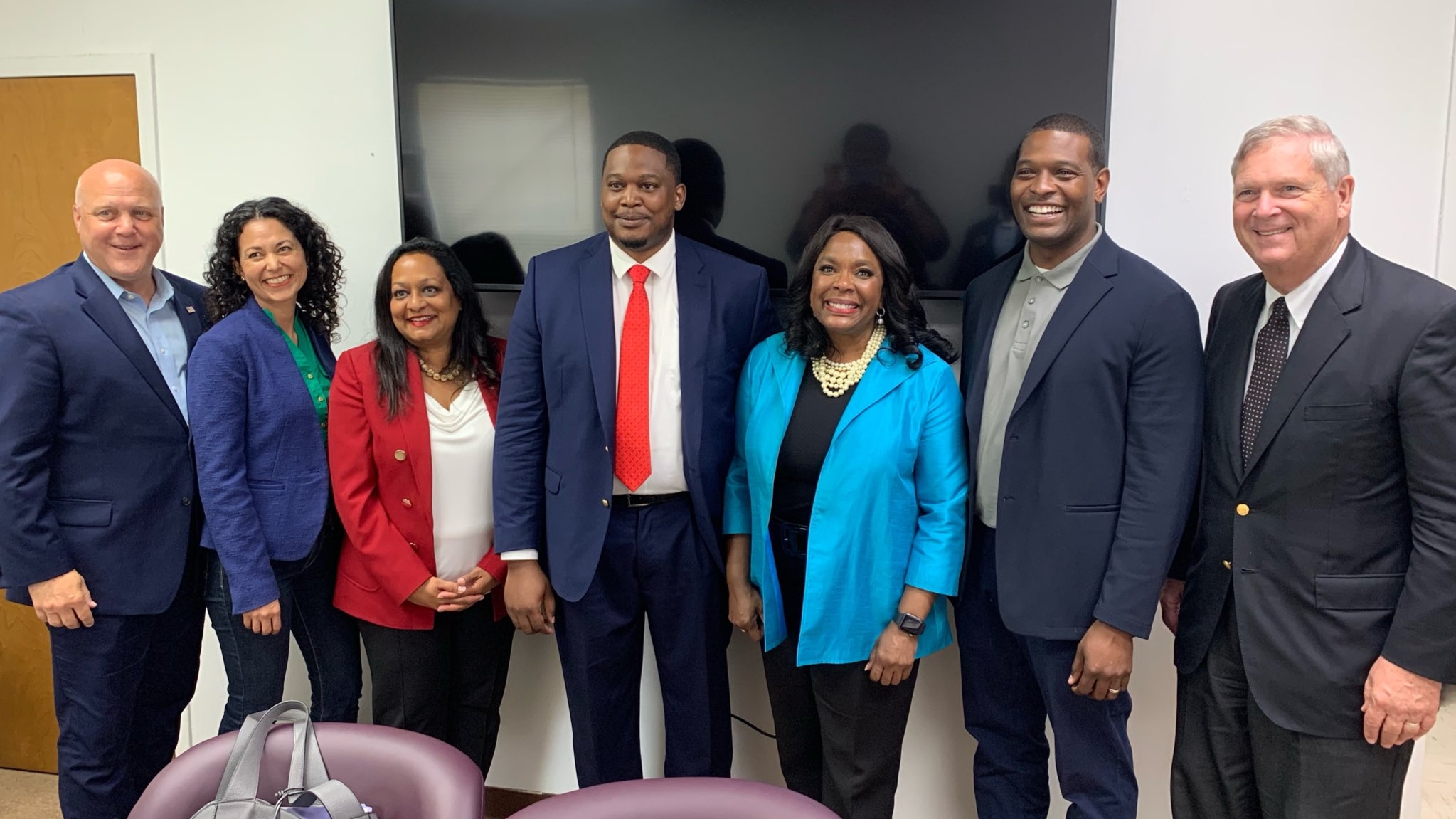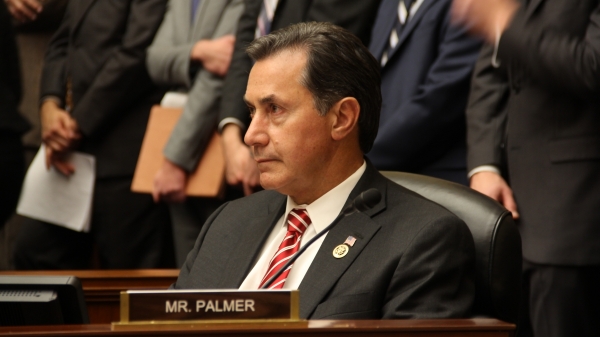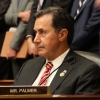Congresswoman Terri Sewell, D-Alabama, welcomed U.S. Agriculture Secretary Tom Vilsack, Environmental Protection Agency Administrator Michael S. Regan, and White House Infrastructure Coordinator Mitch Landrieu to Lowndes County to announce a new wastewater infrastructure initiative under the Bipartisan Infrastructure Law to address broken and failing wastewater systems in rural Alabama.
Sewell hosted a roundtable at the White Hall Town Hall to give federal officials an opportunity to hear directly from local leaders about the unique needs of each community.
“Access to adequate wastewater infrastructure is a basic human right, but for too many of my constituents, generations of disinvestment have led to broken and failing wastewater systems that put the health of our communities at risk,” said Rep. Sewell. “Since coming to Congress, I have made addressing our wastewater crisis a top priority, working to secure funding and direct resources to areas in need of help. Now, thanks to the leadership of the Biden-Harris Administration and transformative investments from the Bipartisan Infrastructure Law, more help is on the way. This joint initiative between the EPA and USDA will be instrumental in our fight to improve wastewater infrastructure for our most underserved communities.”
The Closing America’s Wastewater Access Gap Community Initiative will allow EPA and USDA—in close collaboration with local communities, state and Tribal partners, and on-the-ground technical assistance providers—to leverage technical and financial expertise to make progress on addressing the wastewater infrastructure needs of some of America’s most underserved communities. Each community or Tribe will receive direct support to develop wastewater assessments with technical engineering support, design wastewater community solution plans, identify and pursue funding opportunities, and build long term capacity. States, Tribes, and water agencies have committed to working with the EPA and USDA to support these communities.
Since coming to Congress, Rep. Sewell has made it a top priority to improve wastewater infrastructure in rural Alabama. She has authored several successful bills to address wastewater issues including the Rural Septic Tank Access Act, which passed in the 2018 Farm Bill, and the Decentralized Wastewater Grant Act, which was included in President Biden’s Bipartisan Infrastructure Law. Both of these laws established grant programs under the USDA and EPA respectively to help low- and moderate-income households connect their homes to existing wastewater infrastructure or install or upgrade individually owned septic tanks. She has secured millions in funding through the annual appropriations process to address Alabama’s wastewater infrastructure including, most recently, $700,000 to install septic tanks in Lowndes County.
“The America that we all believe in is a land of opportunity. But, for historically marginalized communities from Alabama to Alaska, that opportunity is stolen when basic sanitation doesn’t work—exposing adults and children to backyard sewage and disease,” said EPA Administrator Michael S. Regan. “By partnering with USDA, states, and leveraging funding through the Bipartisan Infrastructure Law, EPA is working to restore dignity and opportunity to rural communities here in Lowndes County and across the country.”
“Under the leadership of the Biden-Harris Administration, USDA believes hardworking people in America’s small towns and rural communities should have the infrastructure they need to be healthy and to provide for their families. We recognize that there are still people who have been going without the basics,” said Agriculture Secretary Tom Vilsack. “Access to modern, reliable wastewater infrastructure is a necessity, and the Biden-Harris Administration is committed to doing everything we can to ensure every family and every child in America has access to these vital services. By combining USDA and EPA resources and taking advantage of the historic Bipartisan Infrastructure Law, we can restore to these communities a sense of economic vitality and social dignity that the people living there deserve.”
“President Biden has been clear—we cannot leave any community behind as we rebuild America’s infrastructure with the Bipartisan Infrastructure Law. This includes rural and Tribal communities who for too long have felt forgotten. The Bipartisan Infrastructure Law provides $11.7 billion in loans and grants to communities for a wide range of water-quality infrastructure projects, including wastewater solutions for these communities,” said White House Infrastructure Coordinator Mitch Landrieu.



















































